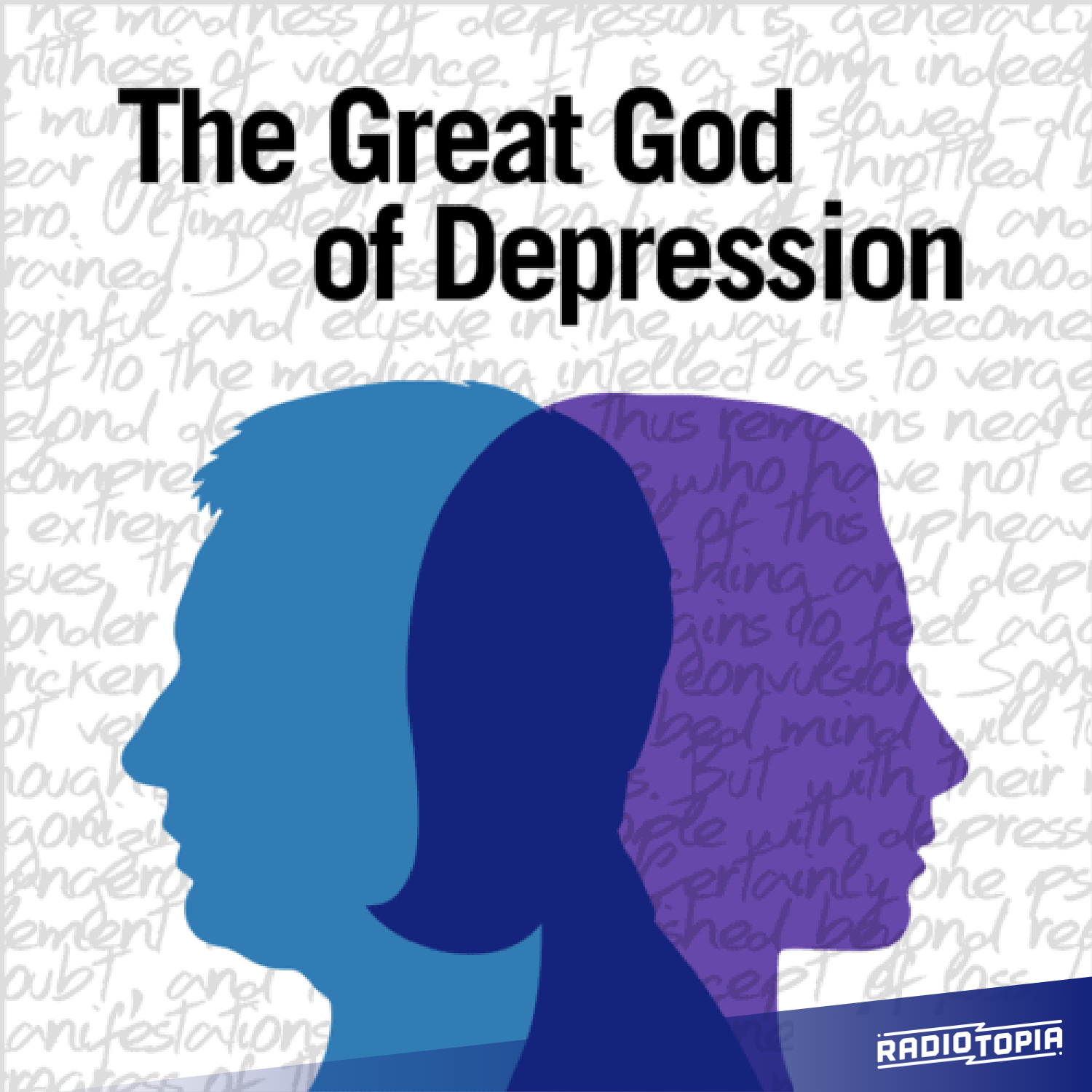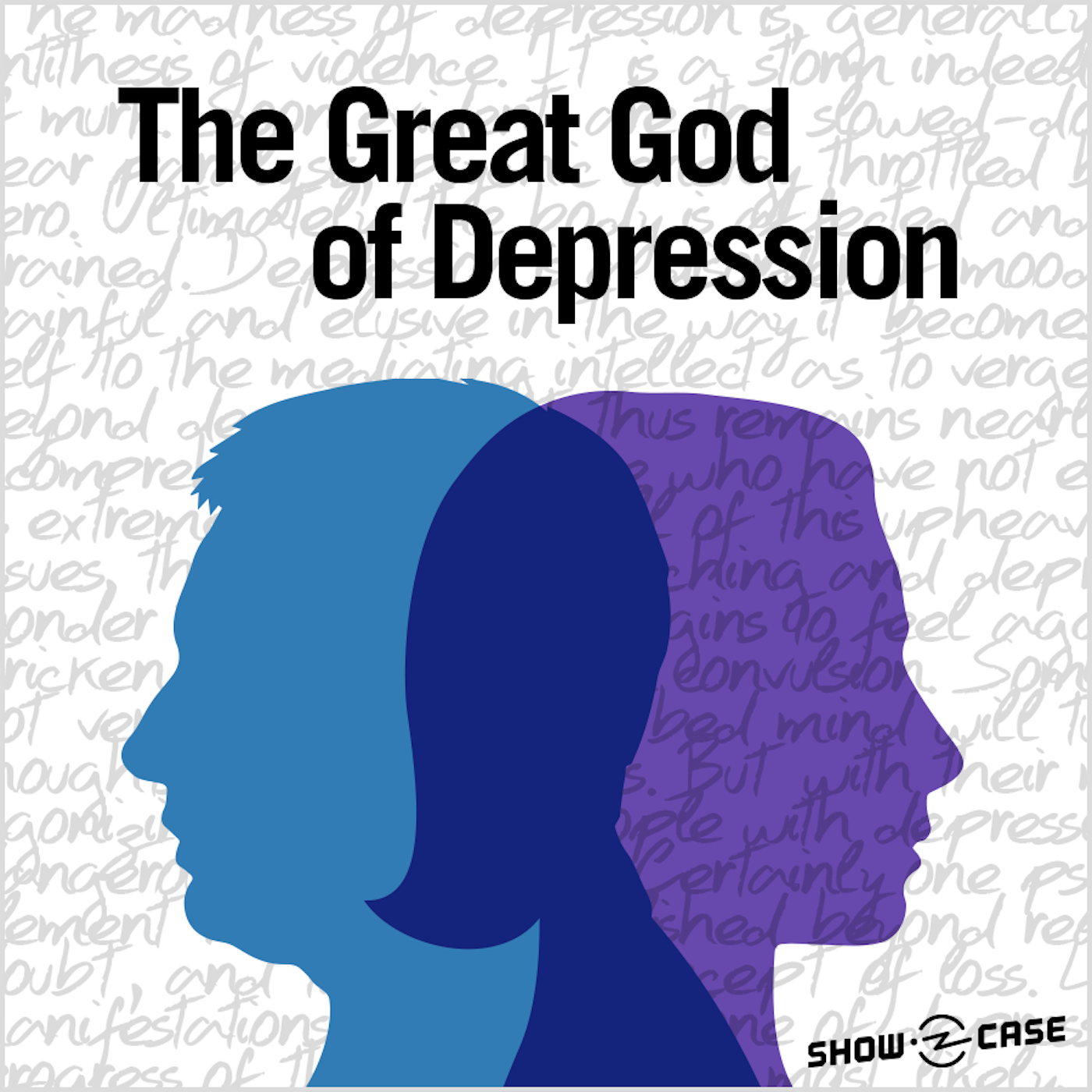The Great God of Depression

The Great God of Depression
Podcast Description
In 1998, a brain scientist named Alice Flaherty developed a rare form of madness. She felt so compelled to write that she scrawled sentences across the walls of her house and her own skin. Alice’s quest to understand her own bizarre behavior led her to William Styron, one of the most celebrated authors of the 20th century.
Podcast Insights
Content Themes
The show delves into topics related to mental health, creativity, and literary achievement, featuring episodes that examine the relationship between depression and creativity using William Styron's life and work, such as the challenges of writer's block in 'The White Whale' and the impact of mania in 'The Night Kingdom.'

In 1998, a brain scientist named Alice Flaherty developed a rare form of madness. She felt so compelled to write that she scrawled sentences across the walls of her house and her own skin. Alice’s quest to understand her own bizarre behavior led her to William Styron, one of the most celebrated authors of the 20th century.
Actor Tony Shalhoub is well known for his role as one of the few openly mentally ill characters in television – an obsessive compulsive detective on the long-running show Monk.
In this bonus episode of The Great God of Depression, Shalhoub sits down with co-producer Karen Brown to read passages from William Styron’s work, and share his perspective on mental illness and creativity.
If you haven’t yet heard The Great God of Depression, all five episodes are available now. For links, photos and more information visit radiotopia.fm/showcase.

Disclaimer
This podcast’s information is provided for general reference and was obtained from publicly accessible sources. The Podcast Collaborative neither produces nor verifies the content, accuracy, or suitability of this podcast. Views and opinions belong solely to the podcast creators and guests.
For a complete disclaimer, please see our Full Disclaimer on the archive page. The Podcast Collaborative bears no responsibility for the podcast’s themes, language, or overall content. Listener discretion is advised. Read our Terms of Use and Privacy Policy for more details.